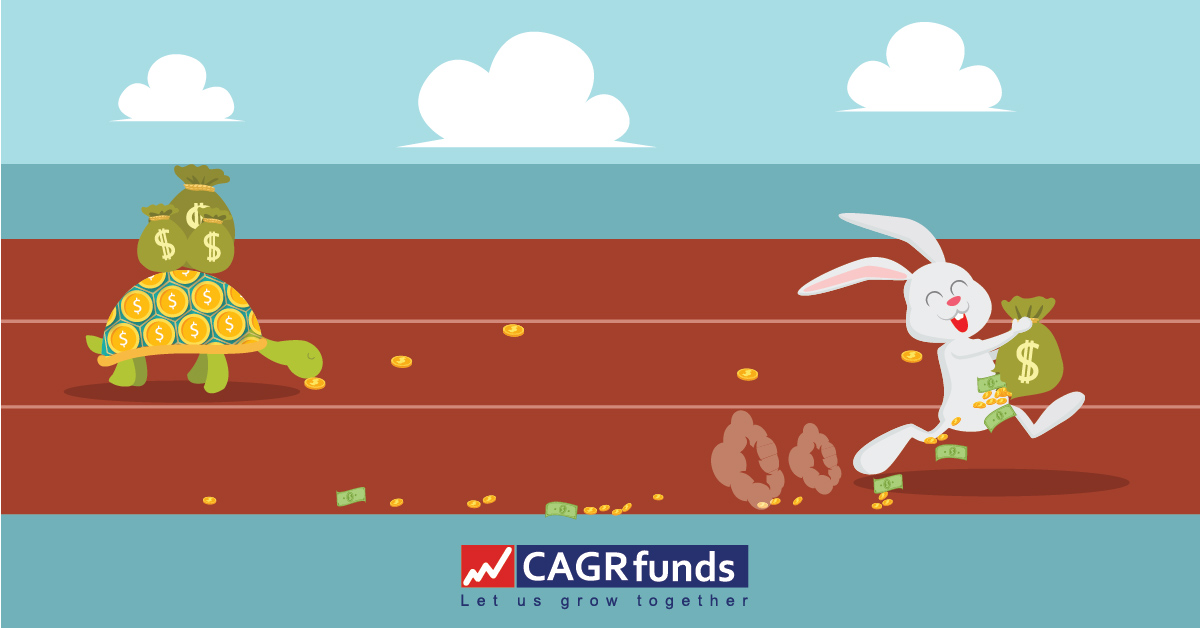I grew up watching the black screen with constantly changing green and blue tickers. For a little while, I even used to handle my father’s clients who used to call every 15 minutes with a new “Buy” or “Sell” order to be placed. I was a kid just out of school then, with very little idea of what stock markets were. But, it was thrilling! I remember telling my father – I want to make money like this for myself one day.
But as I got deeper into the industry of financial planning and wealth creation, I realized a lot of things about trading in stock markets. And all of these are applicable to almost all of the traders.
- Most of the stocks are bought to be sold on the same day
- Most of the buyers have no idea of what business the company is in
- All of those who are buying a stock believe (or hope) that the stock price will go up and vice versa
- Sometimes, such buyers think that they know why the stock will go up
- The quantum of buying on any particular day is equal to the quantum of selling (which means that while the buyers are convinced about the price going up, the sellers are of a diametrically opposite view)
- Every day at 9 o clock, analysts tell us the stocks which will be doing well for reasons X,Y and Z
- Every day at 6 o clock, no one really asks those analysts if they really did well.
- In most cases, the probability of the recommendations doing well or not well is pretty much the same as a tarot card reader’s prediction
So you get the drift of what I mean.
Let us look at a simple scenario. Say for example Mr. A believes that the price of Stock X is likely to go up by 10% today and hence he buys at Rs. 100. X indeed rises to Rs. 110 and Mr. A sells it off to Mr. B who also buys it with a belief that the price will rise further. X further rises to Rs. 118 and Mr. B sells it off to Mr. C. Obviously, Mr. C also wants to make money and believes that the upward movement will continue. He therefore sells it off to Mr. D at Rs. 128. This continues till that moment when the cycle breaks. The last man standing ends up making a loss. In this cycle, there is a high probability that none of the players have any idea why the price is behaving the way it is. But what they do know is that there is a bigger fool who will pay a price in anticipation of the price rising further.
And that is trading for you, my friend. It of course is one of the most thrilling activity to indulge in. But so is poker. Therefore, one of the economists, Paul Samuelson once said –
“Investing should be more like watching paint dry or watching grass grow. If you want excitement, take $800 and go to Las Vegas.”
Long story cut short – Trading is a risky activity and is under no circumstances a medium of creating wealth. Yes, a lot of people have made money with trading. But will you be one amongst them is the question you need to ask yourself.
And for those who were thinking of taking that leap – Money is hard earned. Care for it the way you would care for your child.


